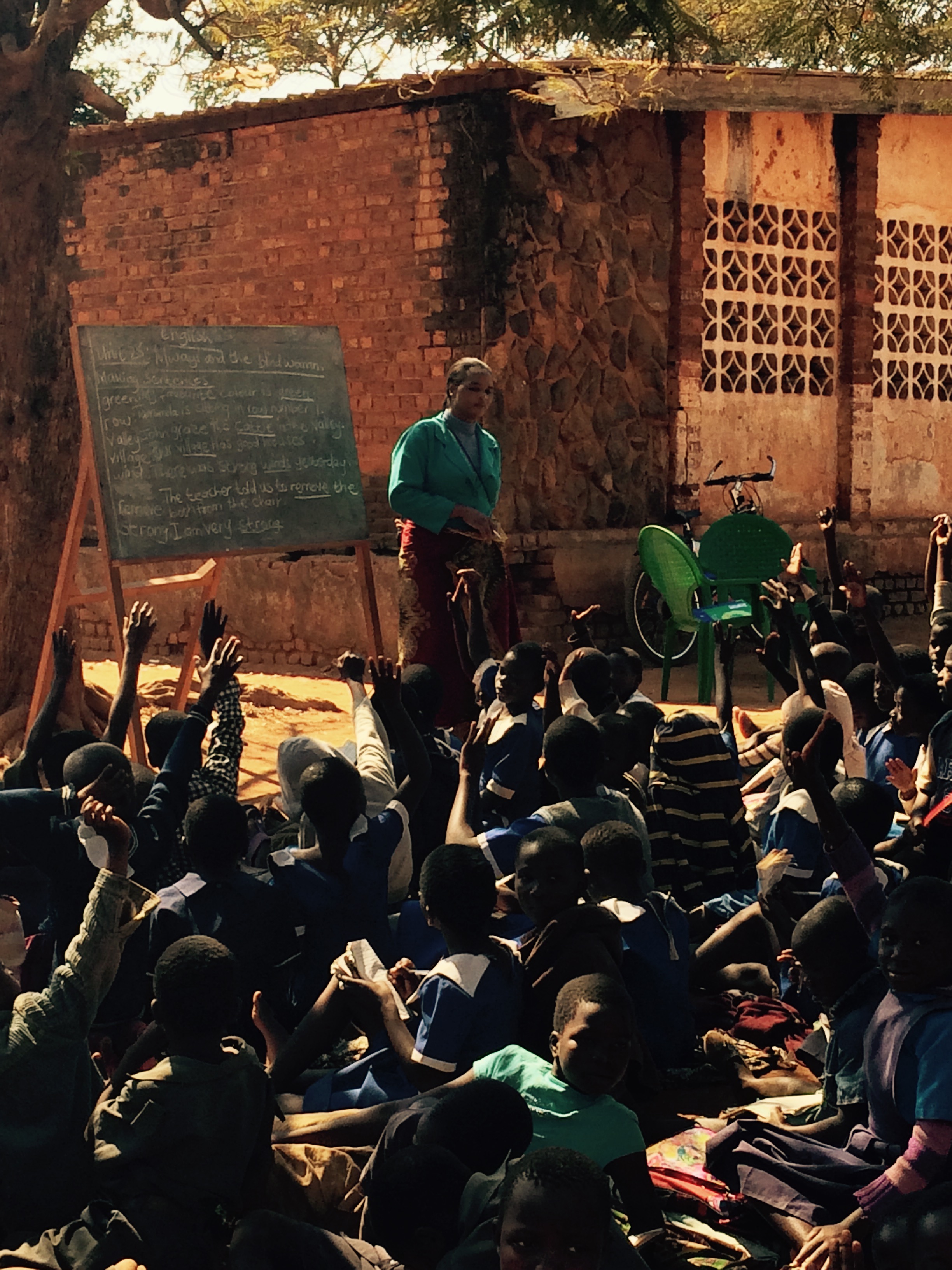Until recently, the Government of Malawi faced difficulties tracking whether teaching and learning materials, such as textbooks, were delivered to schools in a timely manner. Monitoring teacher absenteeism – whether teachers even showed up at schools – was another serious concern.
Now with the click of a button, the Ministry of Education is receiving information about these service delivery problems in real time.
This is one example of the results that are being achieved in countries that have opted to take part in the Global Partnership for Social Accountability (GPSA), a multi-donor program set up to address the disconnect between what citizens expect and what governments do. Sometimes called “the accountability gap,” this problem might manifest as schools without roofs, poor hospital care, dilapidated roads, or inadequate water supply.
The World Bank established the GPSA in 2012 with the purpose of bridging this gap, enhancing citizens’ voice and, just as importantly, supporting the capacity of governments to respond effectively to their voice.
Since its launch, the GPSA has been working with civil society, governments, and the private sector to help solve challenges such as these through strategic social accountability mechanisms.
The GPSA is based on constructive engagement between governments and civil society, in which citizens and civil society organizations (CSOs) can engage with policymakers and service providers, generate information and align incentives to bring about greater accountability and responsiveness to citizens’ needs
The GPSA is currently supporting 23 projects, through grants and capacity building, in countries ranging from Bangladesh to Ghana to Paraguay. In addition, an extensive knowledge and learning agenda allows GPSA grantees and other partners to enhance the implementation of social accountability interventions.
The GPSA operates with the support of more than 260 global partners and a growing group of donors. Most recently, the Government of Finland signed a contribution of €1 million in support of the program.
Other donors include the Dominican Republic, the World Bank, the Ford Foundation, the Open Society Foundations and the Aga Khan Foundation. This growing support is only one signal of GPSA’s expanding strength and reach.

